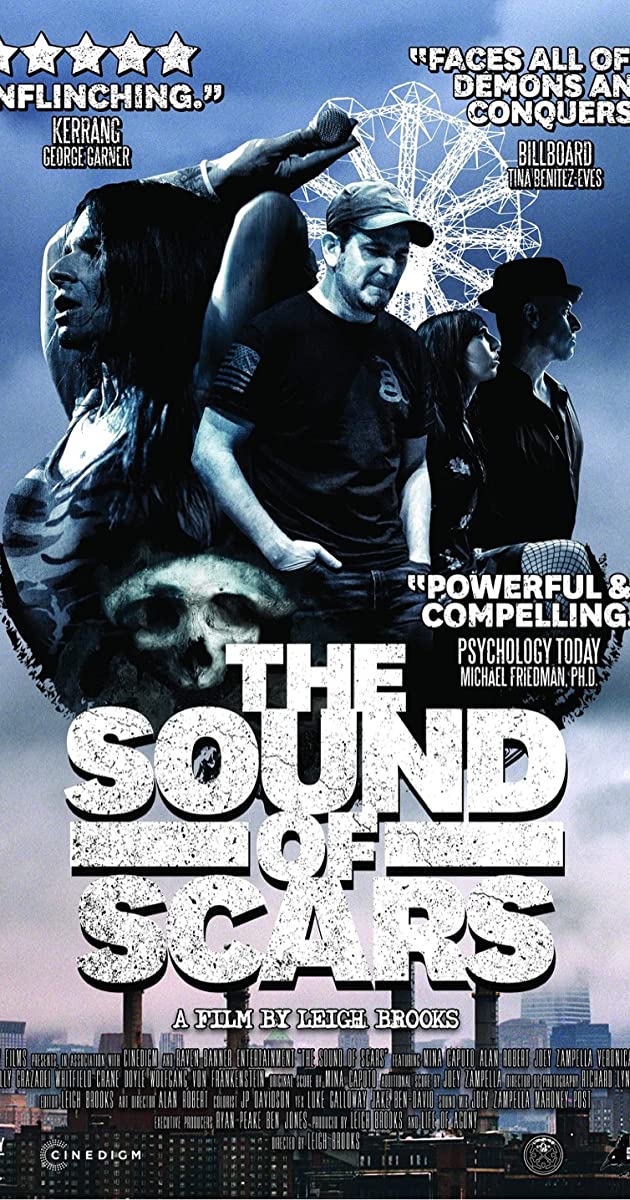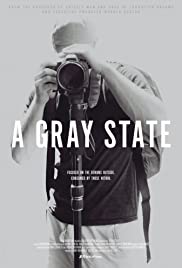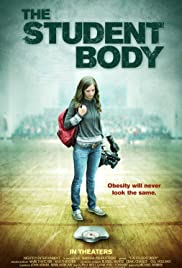
Explores contemporary Australian hip hop through intimate and candid observations of some of the nations most potent and compelling artists.
You May Also Like

Commissioned to make a propaganda film about the 1936 Olympic Games in Germany, director Leni Riefenstahl created a celebration of the human form. Where the two-part epic’s first half, Festival of the Nations, focused on the international aspects of the 1936 Olympic Games held in Berlin, part two, The Festival of Beauty, concentrates on individual athletes such as equestrians, gymnasts, and swimmers, climaxing with American Glenn Morris’ performance in the decathalon and the games’ majestic closing ceremonies.

Elderly sailor Sven Yrvind takes on a daring solo voyage from Ireland to New Zealand. What seems like a reckless journey on the unforgiving seas is also inner journey that prompts the thought – how do we wish to lead our lives?

The incredible story of how gay men and women went from being the ultimate outsiders to occupying the halls of power, with a profound influence on our cultural, political and social lives.

The story of three lifelong friends who overcame domestic violence, substance abuse and depression to form Life of Agony, one of the most influential bands in its genre, led by the very first openly transgender singer. Through the success of their groundbreaking 1993 debut “River Runs Red”, hailed by Rolling Stone as “One of the Greatest Metal Albums of All Time”, they channeled their cumulative life stories into a soundtrack for a broken generation. This new found fame allowed them to suppress the tragedies of their past, but in its wake new obstacles arose.

With unprecedented access to the multi-faceted woman behind the persona, follow Megan Thee Stallion’s journey on the road to stardom as she tenaciously navigates fame, grief, pressure and success, This documentary unpacks the Houston native’s most vulnerable moments in a powerful way that allows fans to meet the real Megan Pete.

In this biographical portrait, Nick Ut, the Associated Press photographer finally tells his own story.

Interview with Jason Holliday aka Aaron Payne. House-boy, would-be cabaret performer, and self-proclaimed hustler giving one man’s gin-soaked, pill-popped view of what it was like to be black and gay in 1960s United States. Preserved by the Academy Film Archive in partnership with Milestone Films in 2013.

In 2010 David Crowley, an Iraq veteran, aspiring filmmaker and charismatic up-and-coming voice in fringe politics, began production on his film Gray State. Set in a dystopian near-future where civil liberties are trampled by an unrestrained federal government, the film’s crowd funded trailer was enthusiastically received by the burgeoning online community of libertarians, Tea Party activists and members of the nascent alt-right. In January of 2015, Crowley was found dead with his family in their suburban Minnesota home. Their shocking deaths quickly become a cause célèbre for conspiracy theorists who speculate that Crowley was assassinated by a shadowy government concerned about a film and filmmaker that was getting too close to the truth about their aims.

When a brave high school student takes a stand against state-mandated BMI tests of her peers, she finds herself in the middle of a heated national controversy, sparking a battle of wills between herself and government officials.

The story of the only three minutes of footage —a home movie shot by David Kurtz in 1938— showing images of the Jewish inhabitants of Nasielsk (Poland) before the beginning of the Shoah.

A beautiful woman mistakes a Prince’s butler for the Prince.

Two friends in a Southern drug recovery program struggle to come to terms with their addiction and mental illness by making a short film about the pain they’ve caused their families.